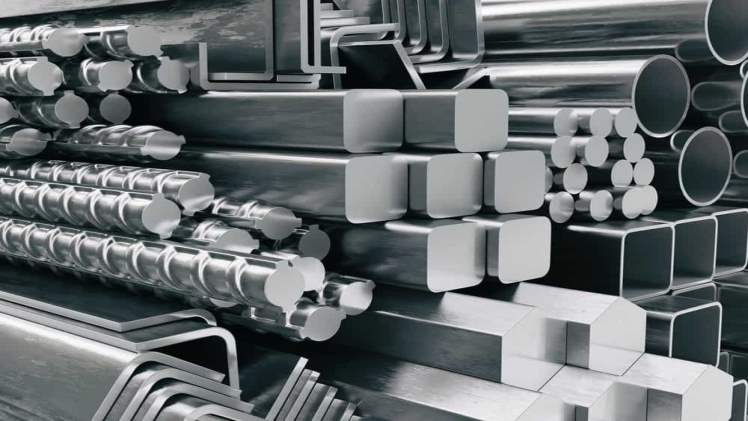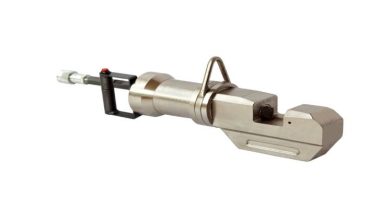What are the different types of steel?

Steel is an important metal used in a wide range of products, such as automobiles, construction tools, tools, and many more. Whether you are a student who has just joined a steel structure design course in Bangalore and wants to learn or someone who wants to know about steel for a project, you’ve come to the right place. As we all know that every material has different properties that affect its performance, strength, durability, and whatnot. Steel is one such type of material that has a lot of properties. The characteristics of different types of steel can affect the one you choose for your product. So to help you out, here is a short guide to different types of steel.
-
Carbon Steel
Carbon steel is one of the most widely used steel. It’s a low alloy steel with high tensile strength and is used in a variety of applications, including tools, cutting tools, and sheet metal work. Carbon steels are typically heat-treated to minimize stress-bearing areas and thus increase their toughness. They’re also commonly heat-treated to improve their wear resistance, although this usually makes them more brittle than other types of steel.
Carbon steels are generally good for making tools that require a high degree of strength and toughness. They’re good for making knives because they can be easily sharpened while maintaining most of their properties during hardening, and they don’t rust easily. However, they tend to be harder to temper than other types of steel, which makes them difficult to work with when you have to heat them or quench them quickly to avoid cracking or breaking the blade.
-
Stainless steel
Stainless steel is an alloy of iron and other metals, like nickel and chromium. It has a higher melting point than regular steel, which means that it will not burn or melt when exposed to high heat, such as the temperatures found in most industrial processes. It also resists rusting and corrosion better than regular steel does. Stainless steel is a very popular material for use in construction because it can be used in both exterior and interior spaces. Stainless steel also adds a decorative touch to any project, as well as being very durable, corrosion-resistant, and long-lasting.
Stainless steel is made using many different alloys that have different characteristics and applications.
The most common alloy for stainless steel is austenitic stainless steel, which has excellent resistance to corrosion and rust. The alloy composition of austenitic stainless steel can vary depending on its intended use; for example, high-strength duplex stainless steels are used in applications where greater toughness is required. Visit here for information about Dynamic Duo Costumes
The second category of stainless steel contains ferritic stainless steel. These types are mostly used in environments where corrosion resistance is not as important, such as in the aerospace industry or in laboratory equipment where heavy wear occurs over long periods. Ferritic stainless steels have much lower levels of chromium than austenitic counterparts, making them more difficult to harden by heat treatment processes such as quenching or tempering.
-
Alloy steel
Alloy steel is steel that has been alloyed with other metals. It is a combination of iron and carbon, which makes it stronger than plain carbon steel. Alloy steels can be used for a variety of applications, including cutting tools, machine parts, and structural members. When you go to learn steel structures courses in Chennai and at other places, generally recommend using alloy steel for their capstone projects.
-
Tool steel
Tool steels are used to make tools for metalworking, machining, and shaping operations. These steels have higher hardness than similar carbon steels, but they are not as hard as alloy steels. Tool steels often have an even distribution of their components throughout the metal, which makes them more suited to repeated use without fatiguing quickly or shattering during impact or vibration.




